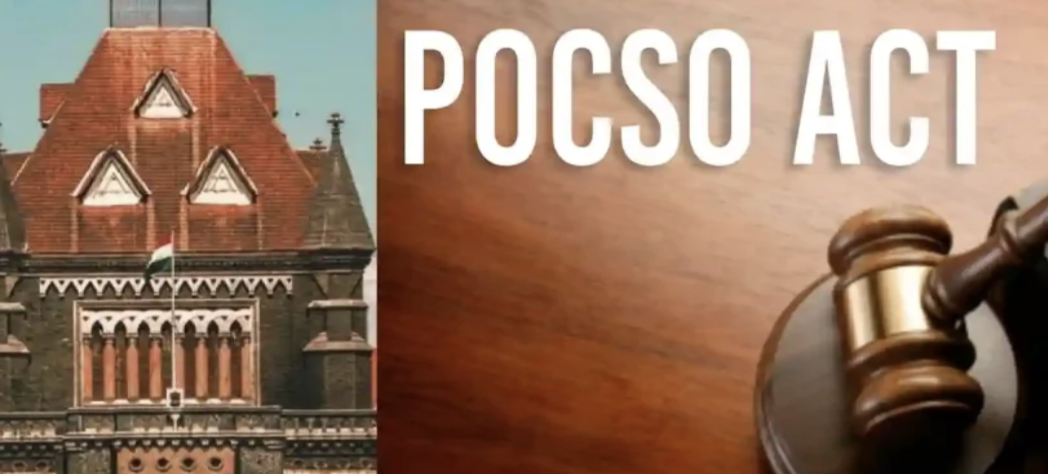
Act on POCSO Bombay High Court: "Mere Non-Eruption of Wisdom Teeth Is Not Conclusive Proof of a Person's Minority"
The Protection of Children from Sexual Offences Act of 2012 (POCSO Act) was recently upheld by
the Bombay High Court, which found that the absence of wisdom teeth alone does not establish a
person’s status as a juvenile. The prosecution failed to establish beyond a reasonable doubt that the
complainant was a child at the time of the incident, according to Justice Anuja Prabhudessai.

As a result, it is very much clear that all permanent teeth, excluding the wisdom tooth, erupt by the time the
typical boy or girl enters adolescence. However, wisdom teeth typically appear between the ages of 17
and 25. The presence or lack of wisdom teeth does not necessarily indicate that a person is younger
than 18 years old; at best, it may indicate that they are at least 17 years old. Therefore, the judge
concluded that it is not very significant when determining age that a person’s wisdom teeth have not
yet come through.

When she was a student in the tenth grade, doing her schooling, the complainant claimed that the guy had a sexual relationship with her under the pretext of marriage. It was claimed that after she informed him of her pregnancy on March 25, 2016, he stopped answering her calls and left for Mumbai. According to the DNA testing, the complainant gave birth to a child who is the appellant’s biological child.
The victim, who asserted that she was born on December 19, 2000, filed a criminal complaint against
him as a result, and he was subsequently taken into custody.
The man stated in his defence that he wanted to wed the victim and that after returning from Uttar
Pradesh, he tried to find her but she was untraceable, and then all of a sudden, he was detained by the
police. He continued to say that he would like to wed the girl and even take care of the child she bore.
Justice Prabhudessai stated in the ruling that the prosecution failed to interview pertinent witnesses to
establish the victim’s age, leaving it unproven.
“The prosecution has also not shown any information regarding the victim’s secondary sexual nature
or physical growth and development. This mismatch also raises significant questions about the
victim’s actual age, which must necessarily work in the appellant’s favour, the judge noted.”
The Court concluded that the prosecution had failed to establish beyond a reasonable doubt that the
victim was under the age of 18.
This was significant since other evidence in the case shows that the Appellant and the victim had a
consenting physical relationship. The Protection of Children from Sexual Offences (POCSO) Act’s provisions cannot be used without proof that the
victim was younger than 18, and a consensual connection would not qualify as rape under the
definition of Section 375 of the Indian Penal Code ,IPC, the bench emphasised.
Important aspects of the POCSO Act:
Individuals under the age of 18 are considered “children” under the Act. The Act is not
gender-specific.
The Act defines many types of sexual abuse, including but not limited to sexual harassment,
pornography, and penetrative and non-penetrative assault.
Certain situations, such as when the child is mentally ill, are considered to be “aggravated”
sexual assaults. Additionally, when someone in a position of trust, such as a doctor, teacher,
police officer, or family member, abuses another person.
Ample measures are taken to prevent the child from becoming a victim of the legal system
again. During the course of the investigation, a police officer is designated by the Act to serve
as the child protector.







